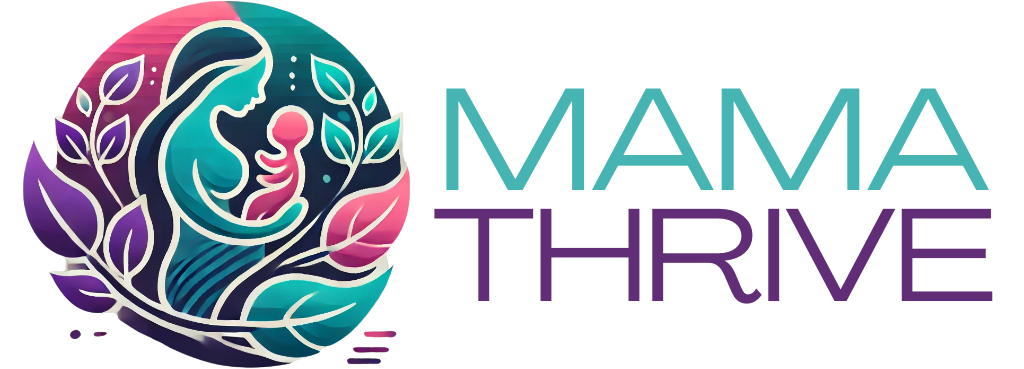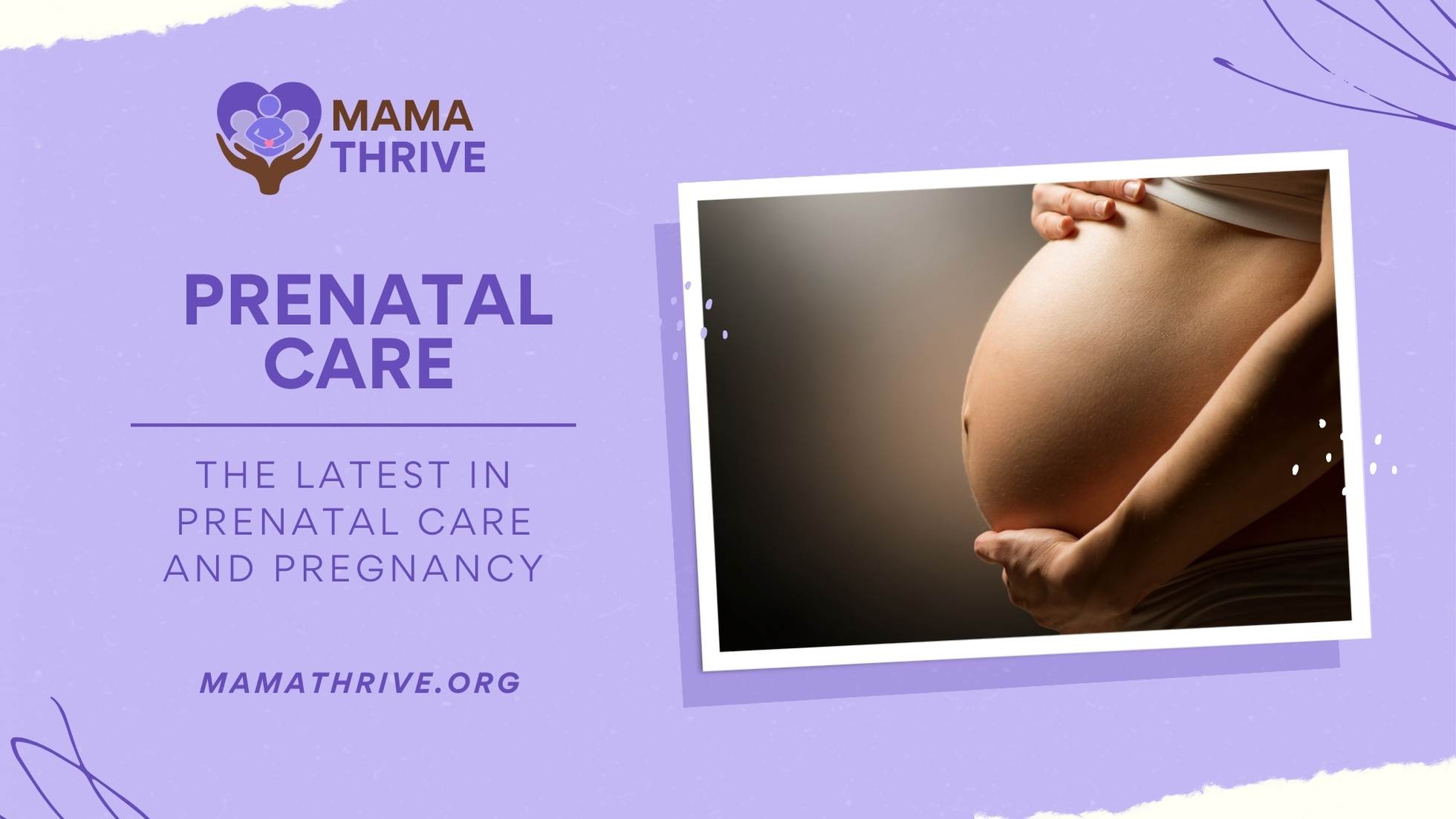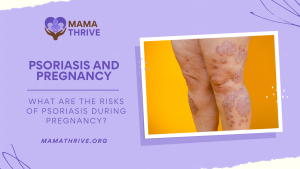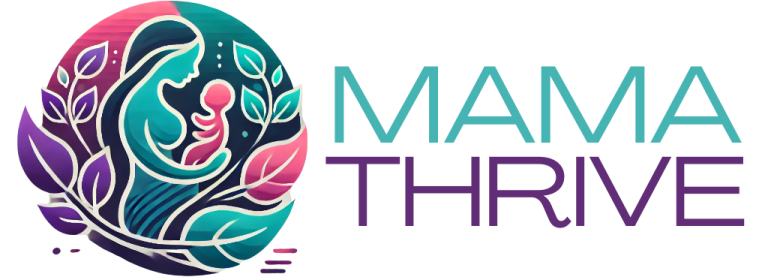Embarking on the beautiful journey of pregnancy is a transformative experience, marked by anticipation, joy, and the promise of new beginnings. Yet, as expectant parents, you’re confronted with an ever-evolving landscape of information, choices, and, inevitably, challenges. Here are the latest in prenatal care and pregnancy research news.
Climate change could be impacting babies’ birthweight for gestational age

Climate change may present a significant threat to the reproductive health of Australians, as indicated by a comprehensive study conducted by Curtin University. The large-scale research, spanning from 2000 to 2015 and involving over 385,000 pregnancies in Western Australia, unveiled a potential link between extreme bioclimatic exposure during pregnancy and variations in babies’ birth weights for gestational age.
Examining pregnancies from 12 weeks before conception until birth, researchers from the Curtin School of Population Health identified that 9.8% and 9.9% of children were born too small and too large for gestational age, respectively.
The focus of the study centered on understanding the correlation between low and high birth weights for gestational age and a person’s exposure to outdoor heat or cold stress during pregnancy, measured using the Universal Thermal Climate Index (UTCI). This modern biothermal tool gauges an individual’s physiological response to the thermal environment.
Significantly, this study is the first to utilize the UTCI to measure bioclimatic exposure before and during pregnancy and its potential association with babies being born too small or large for gestational age.
Findings from the research suggest that exposure to low and high biothermal stress during specific stages of pregnancy is linked to a higher risk of babies deviating from average birth weights for their gestational ages.
Dr. Sylvester Dodzi Nyadanu, the lead researcher, emphasized the critical importance of birth size, noting its strong association with mortality risk, developmental problems in childhood, and the potential for various diseases in adulthood.
The study also highlighted certain subpopulations at higher risk, including non-Caucasian individuals, male births, pregnancies in those aged 35 and above, those in rural areas, and individuals who smoked during pregnancy.
Dr. Nyadanu stressed that the findings contribute to the growing body of evidence showcasing climate change’s threat to reproductive health, accentuating the impact of heat or cold waves, vector-borne diseases, natural disasters, and altering natural and social environments.
Highlighting the potential adverse effects of thermal stress, including dehydration, oxidative stress, and systemic inflammatory responses, Dr. Nyadanu emphasized the need for further studies to explore interventions, especially for vulnerable subpopulations. He concluded by emphasizing the urgency of integrating climate care interventions into reproductive health care, recognizing pregnancy as a particularly vulnerable period in the face of climate change.
Source: Climate change could be impacting babies’ birthweight for gestational age | ScienceDaily
Pregnancy may induce permanent rewiring of the brain
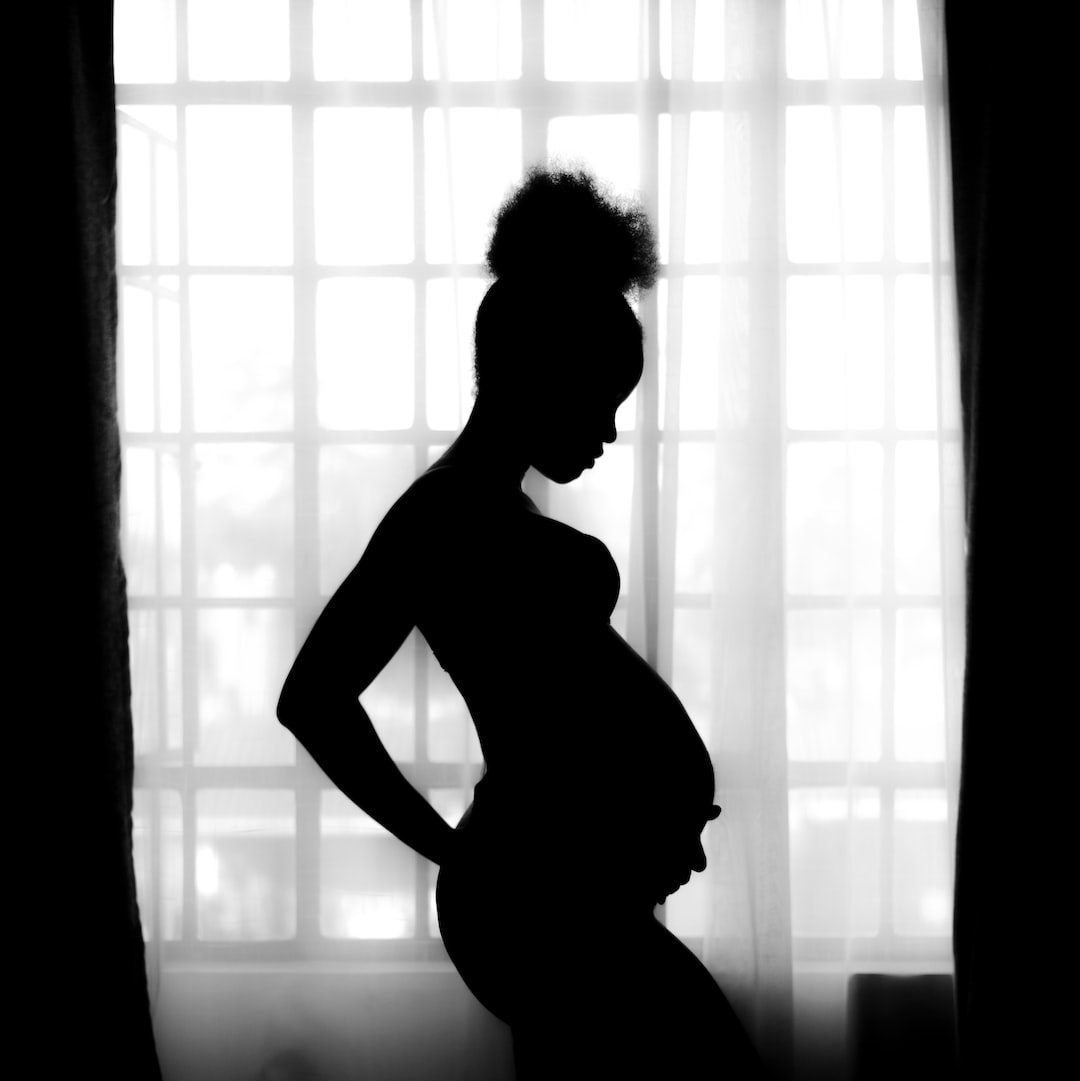
Research in London’s Francis Crick Institute suggests that pregnancy induces a lasting rewiring of neurons, shedding light on the impact of hormonal changes on behavior. Conducted in mice, the study uncovered alterations in the brain linked to parenting instincts, triggered by hormonal shifts in response to late-pregnancy estrogen and progesterone.
Researchers believe these findings may extend to humans, potentially offering insights into parenting behavior and postpartum mental health. Brain recordings revealed that estrogen and progesterone caused changes in neuron activity and connectivity, with the latter appearing to be permanent. The study challenges previous assumptions about the onset of parenting behavior, indicating that changes occur earlier and may be enduring.
While the hormonal impact is significant in mice, it is acknowledged that human parenting is more complex, influenced by various factors beyond hormonal changes. Understanding these brain changes could contribute to insights into parental bonding and conditions such as postpartum depression. The study highlights a critical window in late pregnancy when hormonal effects may play a key role in shaping parental behavior.
Source: Pregnancy leads to permanent rewiring of brain, study suggests | Pregnancy | The Guardian
Discrimination during pregnancy may alter circuits in infants’ brains
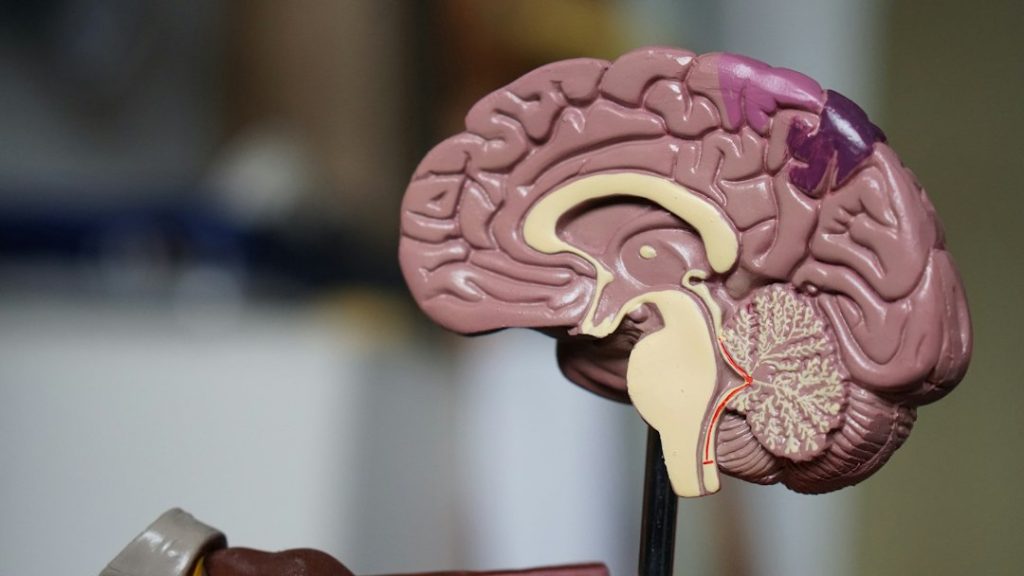
The harsh realities of racial discrimination and bias are increasingly acknowledged as not only painful but also as contributors to adverse health outcomes in both adults and children. A recent study conducted by researchers from Columbia, Yale, and Children’s Hospital of Los Angeles sheds light on another layer of this intricate issue, revealing that these stressful experiences might be transmitted from mother to child during pregnancy, influencing the connectivity of infants’ brain circuits.
Led by Marisa Spann, PhD, the Herbert Irving Associate Professor of Medical Psychology in the Department of Psychiatry at Columbia University Vagelos College of Physicians and Surgeons, the study explores the impact of discrimination and acculturation stress on infants’ brain development. The findings are not only significant for understanding the potential consequences but also raise questions about long-term mental health outcomes in children.
Previous research by Spann and her colleagues has already highlighted the influence of various forms of prenatal distress on the infant brain, with a particular focus on depression, stress, and anxiety. However, as the team primarily works with vulnerable and underrepresented populations, discussions about the impact of other stressors, such as discrimination and acculturation, naturally ensued.
In this latest study, data from 165 young, mostly Hispanic women were analyzed. The participants had previously taken part in a study on teen pregnancy, stress, and nutrition. The researchers examined self-reported measures of discrimination and acculturation, along with other stress-related factors like childhood trauma, depression, and socioeconomic status.
The analysis unveiled that stress from discrimination and acculturation stands apart from other types of stress and could potentially have unique effects on the brain. To explore these effects, the team compared mothers’ experiences of discrimination and acculturation stress to the strength of their infants’ brain circuits, as measured by MRI scans.
The results indicated that infants of mothers who experienced discrimination tended to have weaker connections between their amygdala and prefrontal cortex. Conversely, infants of mothers who experienced acculturation stress had stronger connectivity between the amygdala and another brain region called the fusiform.
The amygdala, linked to emotional processing and ethnic/racial differentiation, is particularly sensitive to various forms of prenatal stress. This study’s findings suggest that discrimination and acculturation experiences could influence amygdala circuitry, potentially transcending generations.
In essence, the study underscores the critical message that how we treat and interact with people, especially during pregnancy, can have far-reaching effects on children. More research is needed to delve into the biological mechanisms transferring adversity from parent to offspring and to understand the long-term impact of these findings.
Source: Discrimination during pregnancy may alter circuits in infants’ brains | ScienceDaily
Individual placental cells during childbirth offers insight on what happens at the maternal-fetal interface during term labor
In a groundbreaking study supported by the National Institutes of Health (NIH), researchers have delved into the intricate world of individual placental cells during childbirth. This unprecedented atlas provides an in-depth, single-cell analysis of the human placenta and its surrounding membranes, casting light on the intricate dance that unfolds at the maternal-fetal interface during term labor.
This pioneering approach, the first of its kind, utilizes single-cell analysis to unravel the complex communication that takes place between maternal and fetal cells during the miraculous process of labor. The insights gleaned from this atlas promise to reshape our understanding of not only typical labor and delivery at term but also the enigmatic realm of preterm labor and delivery.
Preterm labor, occurring before 37 weeks of pregnancy, stands as a formidable challenge, contributing significantly to infant mortality and long-term disabilities. By scrutinizing the activity of individual placental cells, this study offers a unique vantage point to decipher the nuances of labor and delivery, providing a potential key to unlocking mysteries that could revolutionize maternal and fetal healthcare.
Source: Single-cell atlas of the placenta during term labor | ScienceDaily
